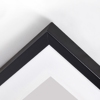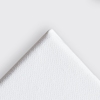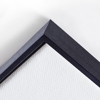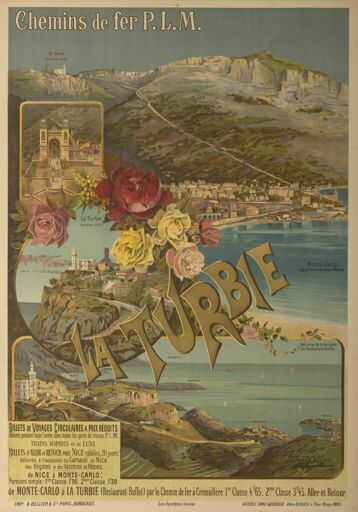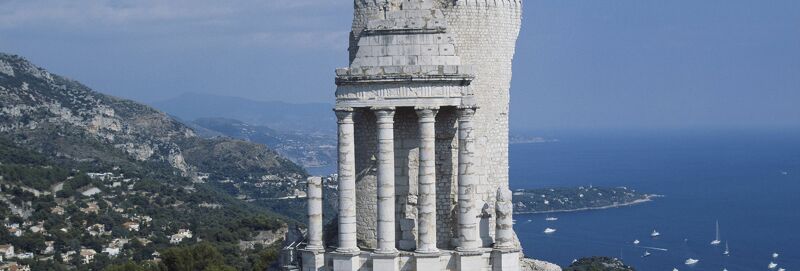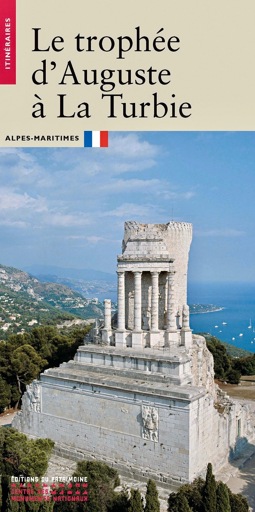Chemins de fer P.L.M. La Turbie (art prints)
Choose color
Choose an atmosphere
{{ new Intl.NumberFormat('en').format(dimensions.legend.w) }} {{ dimensions.legend.unit }}
{{ new Intl.NumberFormat('en').format(dimensions.legend.h) }} {{ dimensions.legend.unit }}
Print type
Art PrintsArt Prints
The reproduction is rolled on itself and shipped in a rigid tube. "Fine Art Giclee" print is commonly used for the professional reproduction of works of art. This inkjet printing technique uses natural pigments that are highly resistant to light.
Printed on mat paper Fine Art Special 260 g/m2
Work takes into account the white margin. The final dimension includes the white margin.
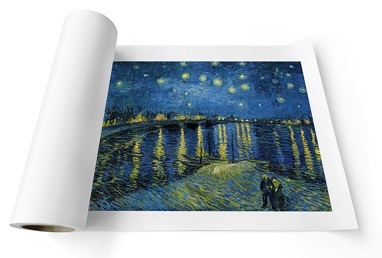
 Français
Français  English
English 

